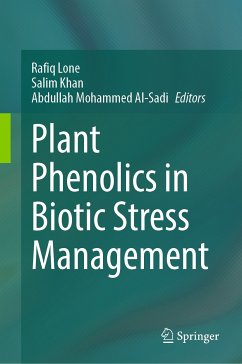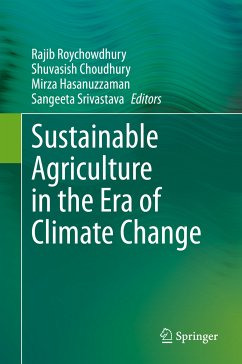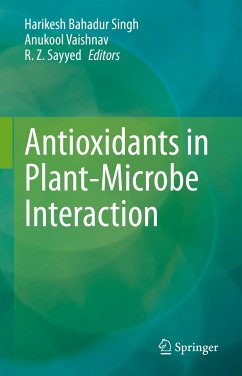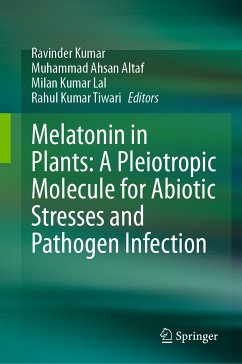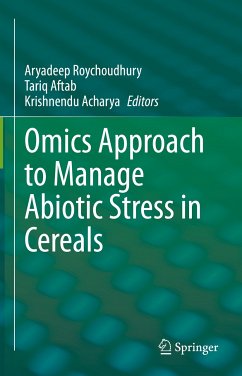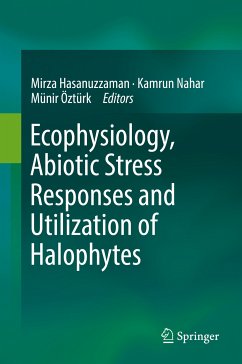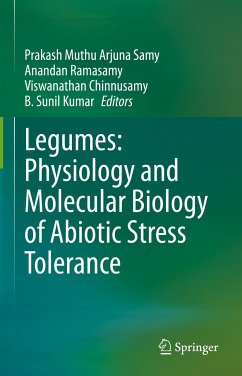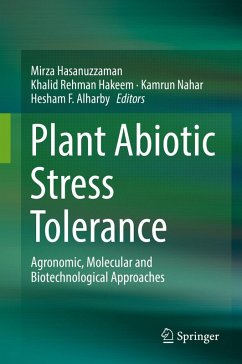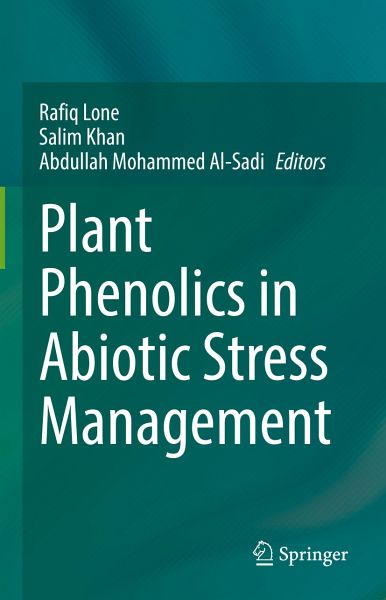
Plant Phenolics in Abiotic Stress Management (eBook, PDF)
Versandkostenfrei!
Sofort per Download lieferbar
175,95 €
inkl. MwSt.
Weitere Ausgaben:

PAYBACK Punkte
88 °P sammeln!
This book is a comprehensive collection of information on the role of plant phenolics in stress management in plants. The main focus of this book is to address the abiotic stress management in plants by plant phenolics under varied environments. Plant metabolic networks contribute significantly to the plasticity of plant metabolism, which is required to afford the sessile lifestyle of a land plant under changing environmental conditions. In natural systems, plants face a plethora of antagonists and thus possess a myriad of defenses and have evolved multiple defense mechanisms by which they can...
This book is a comprehensive collection of information on the role of plant phenolics in stress management in plants. The main focus of this book is to address the abiotic stress management in plants by plant phenolics under varied environments. Plant metabolic networks contribute significantly to the plasticity of plant metabolism, which is required to afford the sessile lifestyle of a land plant under changing environmental conditions. In natural systems, plants face a plethora of antagonists and thus possess a myriad of defenses and have evolved multiple defense mechanisms by which they can cope with various kinds of stresses for adaptation. Plant phenolics being ubiquitous have been extracted from every plant part such as roots, stem, leaves, flowers, fruits, and seeds and thus plays important role in adapting the plants to the varied environment. The book will provide readers with an up-to-date review of this dynamic field and sets the direction for future research. This book is of interest and use to a diverse range of topics of regulation of abiotic stress in plants. Bringing together work from leading international researchers, it is also a valuable reading material for plant and agricultural scientists, academics, researchers, students, and teachers wanting to gain insights into the role of plant phenolics in stress management in plants for sustainable agriculture.
Dieser Download kann aus rechtlichen Gründen nur mit Rechnungsadresse in A, B, BG, CY, CZ, D, DK, EW, E, FIN, F, GR, HR, H, IRL, I, LT, L, LR, M, NL, PL, P, R, S, SLO, SK ausgeliefert werden.



